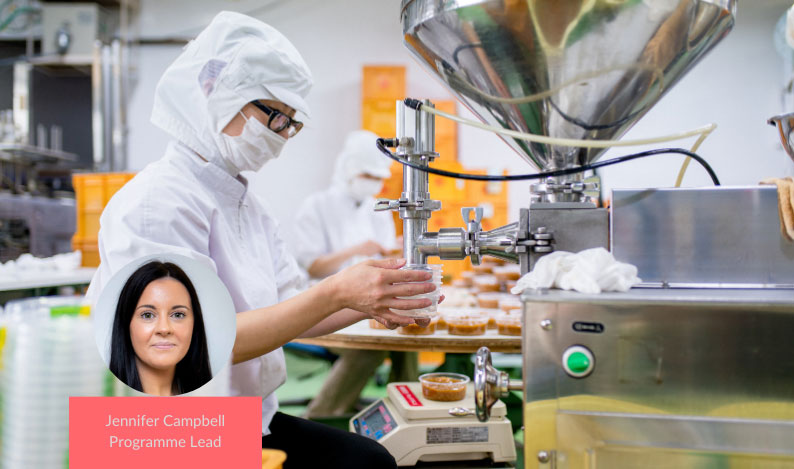- Overview
- Course outline
- Entry
- Career path
- How to apply
Course Overview
Designed to equip participants with the skills and competencies to take up roles as ‘Operators and Technicians of the future, this Level This Certificate is designed to help you reach your true potential in the food sector. Suitable for those who wish to upskill or build a career in the food and beverage industry, this course will give you the skills you need to succeed. It is also ideal for anyone setting up a food enterprise.
Combining a blend of food science, manufacturing and industry-directed modules, this course gives graduates an in-depth knowledge of Food Microbiology, Contamination Control, Manufacturing Process Technology, HACCP, Food Regulatory Affairs, Process Improvement, Occupational Safety & Environmental Management, Applied Maths, Fundamentals of Science and cGMP. Accredited by Technological University Dublin – Tallaght Campus, this course is delivered by experienced lecturers from academia and industry.
Developed and taught by industry and academic lecturers, this course is delivered through blended learning, 2 evenings per week online and up to 2 Saturdays per month in class.
Accreditation: QQI Level 6 Minor Award in Food Science and Technology
Collaborating University: Technical University Dublin – Tallaght Campus
Next Intake: January 2026 – Now accepting applications.
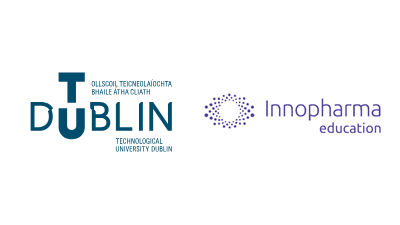
Continue to the Course Outline section for module information.
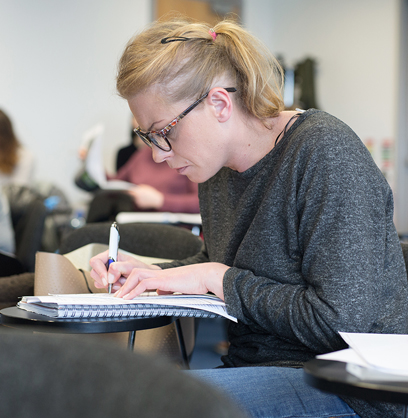
Course Outline
The course duration is 9 months. Lectures will be delivered 2 evenings per week online. Students will also be required to attend up to 2 Saturdays a month on campus. Practicals will be in one of our pilot facilities, with dates and times subject to scheduling. (ECTS: 70 Credits)
Module 1: Food Microbiology
Microbiology in the Food industry, microbiological risks in food processing, contamination control systems and procedures, hygienic practice, and decontamination of work areas.
Module 2: Manufacturing Process Technology
Structure of the food industry in Ireland, steps involved in the manufacturing of commercial food items, operations and processes involved in food production, and equipment.
Module 3: HACCP – Quality System in Food Manufacturing
Principles of HACCP and GMP in the food industry, audits and regulatory requirements.
Module 4: Food Regulatory Affairs
Quality Management System, EU regulatory for industrial and retailer standards in the food industry, QC testing, Food Hygiene Standards, non-conformance.
Module 5: Process Improvement
Lean Thinking, Six Sigma, Process Mapping, data collection, validation and root cause analysis, CAPA
Module 6: Occupational Safety & Environmental Safety for the Food Industry
Responsibilities and roles under international legal frameworks, safety statements and steps in the preparation, types of hazards, waste materials and contaminants.
Module 7: Applied Maths for Food Science
Calculation of concentration and dilutions, accuracy and precision, probability, statistical data
Module 8: Fundamentals of Science
Calculation and conversion, functional groups and molecular structures, physical and chemical measurements, routes of drug absorption, mechanisms of metabolism and excretion.
Module 9: Preparation for Work
Personal career development, networking, CV preparation and interview skills.
Module 10: Learning to Learn
Personal Strengths and weaknesses as a learner, set specific learning goals and create a personal learning plan; Study effectively as an independent learner and work collaboratively as a member of a team; Manage time efficiently with regard to planning and organising learning tasks; Use critical thinking and analytical skills to solve a variety of problems; Write a research-based report and make an effective presentation; the importance of academic integrity and identify ways of avoiding plagiarism in academic work through appropriate referencing.
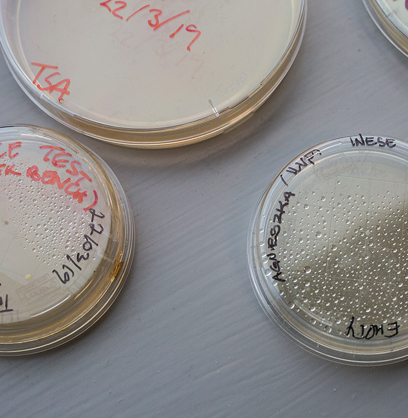
Entry Requirements
This course is suitable for those with a minimum qualification at NFQ Level 5 or a Leaving Certificate. Mature applicants and returners are also eligible. All applicants must have competency in spoken and written English.
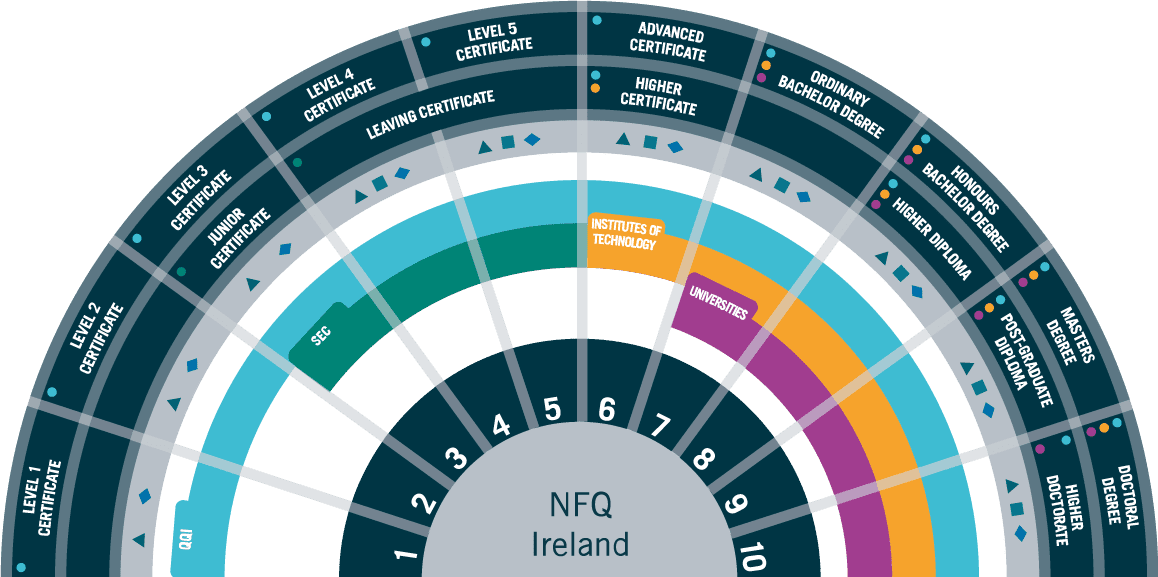
Career Options
With the continued growth of the Food Industry in Ireland, this course is suitable for those who wish to upskill to gain either:
- An entry-level position within the Food Industry
- Supplement existing core skills to pursue a similar role within the Food Industry (e.g. Finance, HR, IT etc.)
On completion of this course, you could fill the following roles within the Food and Beverage industry:
- Quality Control
- Manufacturing Operator/Technician
- Maintenance Technician
- Utilities Technician
- Regulatory Affairs Administrator
- Supply Chain Support
- Warehouse Operator
- Stock Control
- Planning and Logistics Administrator
Innopharma Education courses are designed with your career advancement in mind. Specifically designed for those looking for a career in the Pharma, MedTech or Food Science sectors, our courses upskill and equip people from diverse backgrounds with the knowledge and skills necessary to successfully secure promising career opportunities in these fast-growing industries.
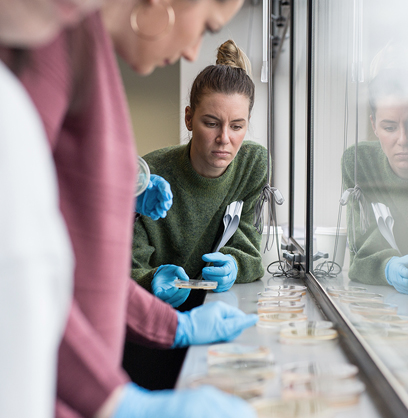
Apply Now
Our admissions team are on hand to assist you with your application and answer any questions you may have on the course.
Students who wish to apply to this course should follow the following application process.
Step 1: Enquire through the form at the top right of this page
Step 2: A member of our team will be in contact through phone or email
Step 3: If you are deemed to be eligible for the course, you will be sent an application form by email. You MUST fill in this application form and attach all necessary *documents (CV, ID, Transcripts, etc.)
Step 4: On submission of the completed application form and all documentation, your application will be sent to the associated department for final approval. You will receive an e-mail confirming your place on the programme. (Note: This process can take up to one week particularly during busy admission periods.)
*We accept scanned documents in a pdf format. Pictures of documents are not accepted.
**For those who are applying for Springboard funding, you will be directed to fill out an additional application form on the Springboard website, this is to confirm your eligibility to receive funding
Please note at any time if you have any questions please do not hesitate to contact us by email on admissions@innopharmalabs.com or call us (01) 485 334
Why up-skill for the Food Science industry in Ireland?
- Over 160,000 jobs
- €27.5 billion in turnover
- Our largest indigenous sector
- €13 billion in exports
- Over 23,000 new jobs predicted by 2027


Testimonials
The lecturers are all experts in the food industry, they bring us practical experience, and equip us with many skills to sharpen our edge in the job market. I would recommend Innopharma to anyone who is interested in advancing their career in the food industry.
Lynn Chen McGrath, MSc Food Business Management & Technology Graduate
Our Blog
Blog
May 6, 2025
Food Product & Innovation Presentations 2025
Students from our Higher Diploma in Food Science and Technology presented a series of innovative food products at our annual food...
Blog
January 8, 2025
Innopharma Insights Showcase – Part 1
Here at Innopharma Education, we recently launched our first research journal, and we are excited to show it off! This week we wil...
Blog
February 29, 2024
A Career In Food Marketing – What You Need to Know
Food is one of life’s simple pleasures we all need for sustenance. But peel back the layers, and you might ask who the people be...


